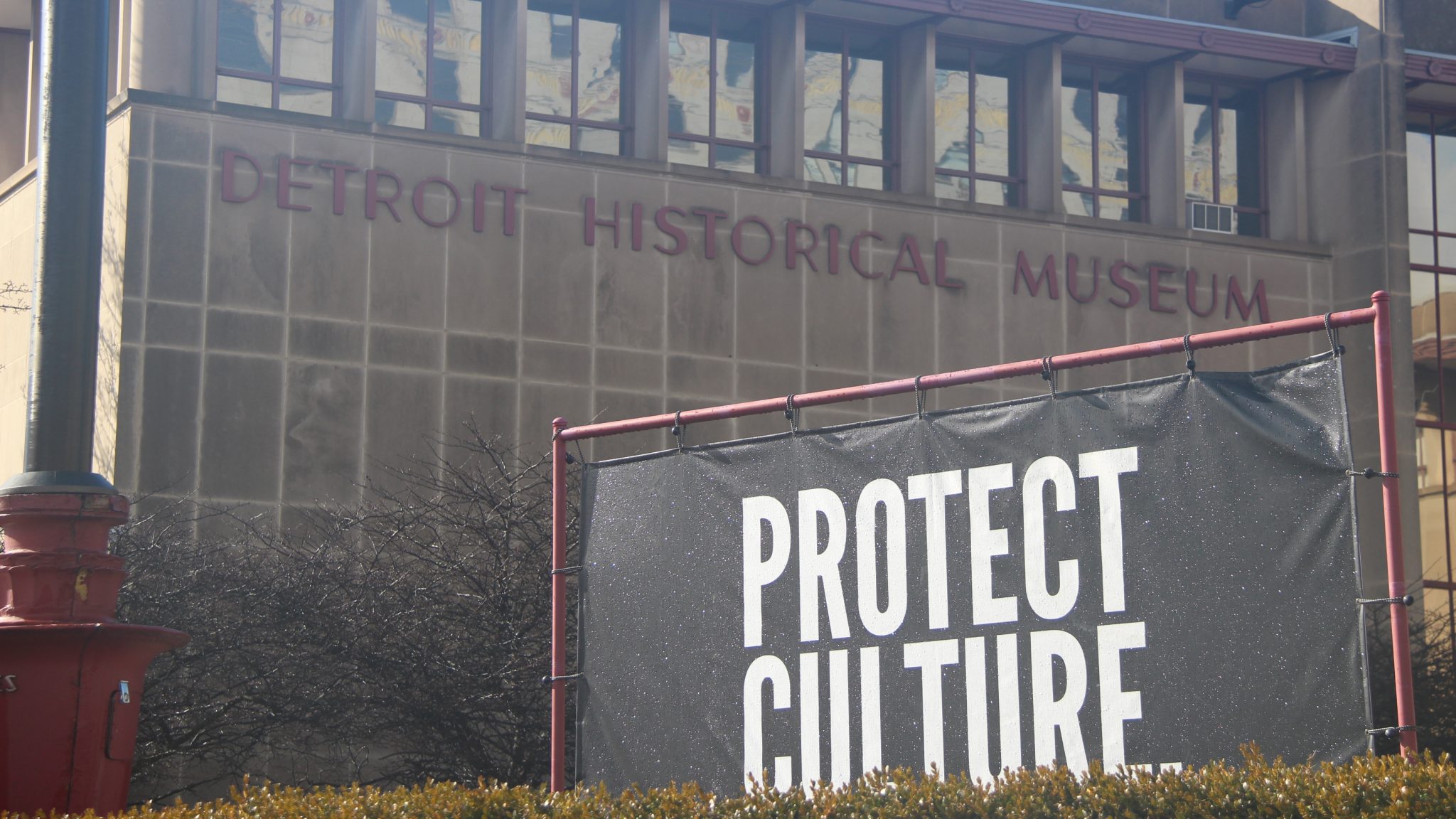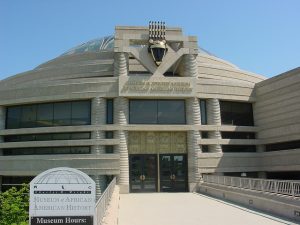Detroit Historical Society, Wright Museum seeking millage to continue operations
The two institutions are hoping to put a millage question on the ballot in 2024.

Detroit Historical Museum at 5401 Woodward Ave. in Detroit, Mich.
The Charles H. Wright Museum of African American History and the Detroit Historical Society are taking steps to ask taxpayers in Wayne and Oakland counties to pay up to .4 mill to support them.
The millage would cover the Wright Museum and two museums run by the Detroit Historical Society: the Detroit Historical Museum and the Great Lakes Dossin Museum.
“At the Detroit Historical Society, we are quickly running out of reserves. Those are depleted, and without a significant game-changer we are at risk of closing both museums,” said President and CEO Elana Rugh. “We have so many people who have been supportive of us long term, but frankly we can’t fundraise our way out of this. So, turning to the community, who we know really love and appreciate what we do, is important to us.”
The DHS and the Wright partnered, Rugh says, because they are both publicly funded institutions, they both serve the community by telling stories related to history, and they’re both in need of a more sustainable funding stream.
“We want to be able to maintain our 30-year-old building while we continue to provide and serve as a main resource for the community and the world,” said Wright President and CEO Neil Barclay. “Most importantly, we want to be here for future generations to experience our rich history through our extensive collections that explore the African American experience from the past and the present and on into the future.”
Listen: Interview with Detroit Historical Society CEO on the proposed millage
Before the millage question can be put on the ballot for voters in Wayne and Oakland counties to approve, enabling legislation must first be passed by the state legislature and signed by the governor. House Bill 4177 was introduced back in March by Representative Tyrone Carter (D-Detroit) to do just that. The bill cleared the House Government Operations Committee in September and is on the House floor.
If it ends up being signed into law, then DHS and the Wright Museum will need to negotiate with the counties on the millage rate, how long it would last and what benefits it would include for residents of those counties. Then, finally, the question would be put before the voters. The institutions are hoping that will happen in 2024.

But the Wright Museum and the Detroit Historical Society will have to overcome some hurdles before getting to that point. Crain’s Detroit Business reports that Oakland County Executive Dave Coulter and County Board of Commissioners Chair Dave Woodward are not thrilled with the legislation.
“There are a number of issues that have been raised — and not specific to the museums, but the structure and how this authority can be used. Where does the burden to address long-deferred maintenance lie and what are all the options available to support the incredible cultural institutions like the Detroit Historical Museum and Charles H. Wright Museum? How are we fully exploring all of these?” Woodward told Crain’s.
Coulter told the publication in a statement: “While I’m a fan of the Charles H. Wright Museum and the Detroit Historical Society, I don’t support the approach taken in the legislation.”
WDET reached out to Coulter’s office and is waiting for a comment.
“We know that we have work to do,” says Rugh, in response. “And we are confident that in partnership with the county that we could provide and make adjustments that would bring everyone to the table and answer all of the concerns that they have.”
This would not be the first time a nonprofit organization has asked for financial support from metro Detroit taxpayers. The Detroit Zoo passed a .1 mill tax in 2008 for Wayne, Oakland and Macomb counties that was renewed in 2016. And in 2012 the Detroit Institute of Arts passed a .2 mill tax for the tri-county area. It was renewed in 2020.
Trusted, accurate, up-to-date.
WDET strives to make our journalism accessible to everyone. As a public media institution, we maintain our journalistic integrity through independent support from readers like you. If you value WDET as your source of news, music and conversation, please make a gift today.

